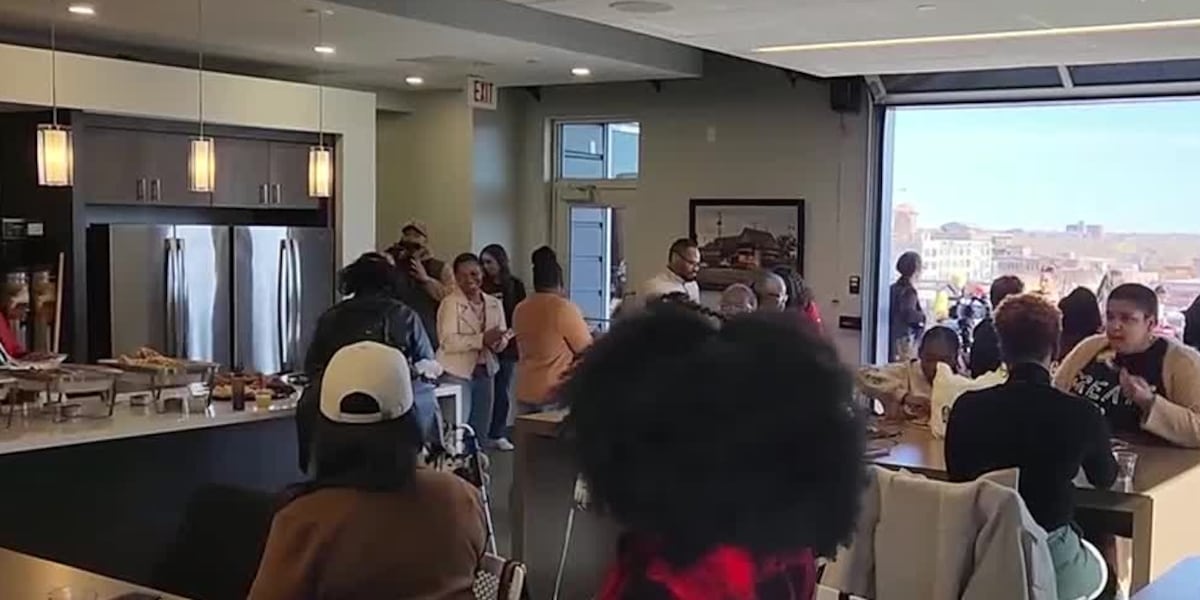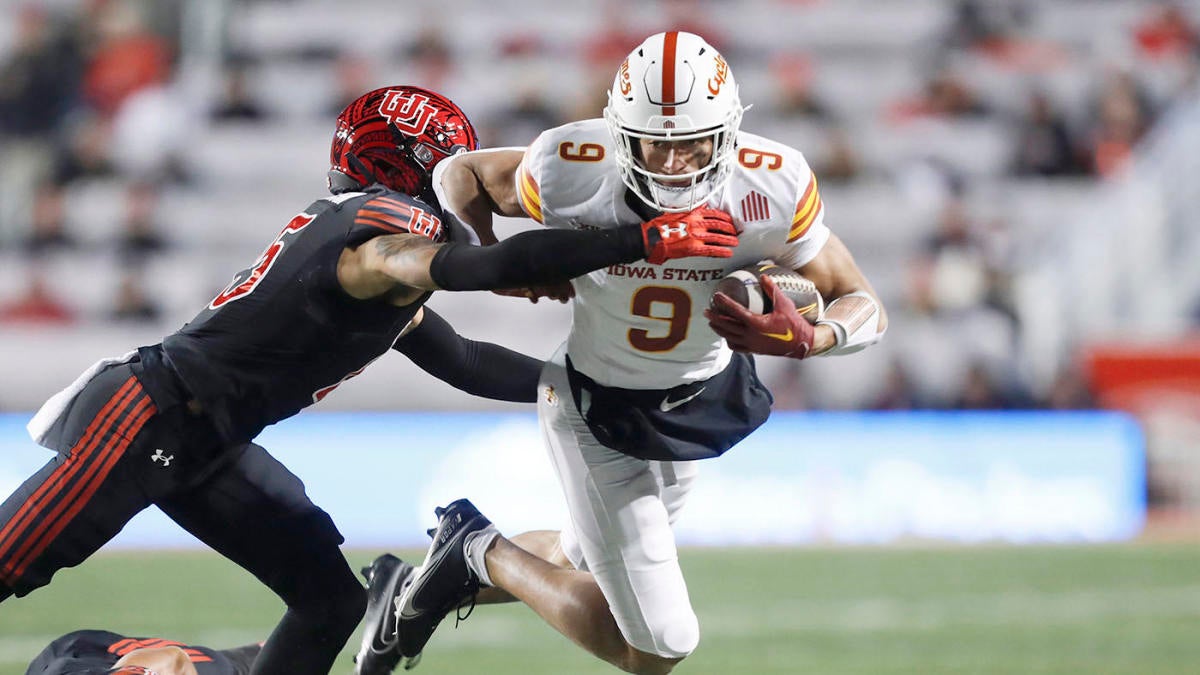Gambling
Hedake Smith Shares Thoughts On NIL, Gambling, Basketball

Stevin “Hedake” Smith was the point guard at the center of one of the better-known point-shaving scandals in U.S. history — one that received the Netflix treatment.
EPIC Global Solutions announced Wednesday that it had hired the former Arizona State star as an advisor, a role that will find him speaking to athletes and staff throughout the pro and collegiate ranks.
On Friday, Sports Handle spoke to the Dallas native, who still lives in the Big D and has an autobiography, Hedake, due out soon. The following Q&A has been edited for clarity and length.
Sports Handle: What’s the significance of the nickname Hedake to you today?
Hedake Smith: It’s the title of my book. My mother gave me that name. I was an only child. She died last August. She had a significant spelling. Today is stands for Heal Every Day And Keep Evolving.
SH: Tell me a bit about your experience with gambling. Do you now consider the entire situation at ASU to have stemmed from a gambling addiction?
HS: It’s not so much of recovery from addiction. It’s just, at an early age, what I got myself caught in.
Sign Up For The Sports Handle Newsletter!
SH: How did you connect with EPIC and what was it that made you think it was the right move to team up with them?
HS: What I’ve always been passionate about was speaking. When my mother passed, I wanted to start speaking. With all these things happening with the NCAA and pros, I figured it was time for me to start speaking again, but I needed that boost. I was advised to get with a speakers bureau, so I started researching. What stood out with EPIC was that it was global. I played overseas for 10 years. I thought it was a perfect fit.
SH: Your old teammate at ASU, Isaac Burton, mentioned the need to pay college players in the Netflix documentary, and now, with NIL money, that’s actually happening. I’m curious to know whether you would have gotten caught up in the point-shaving scheme if you were getting paid, say, $100,000 a year through NIL and whether you think, in general, NIL money makes it less likely for those types of situations to occur nowadays?
HS: Oh, for sure. I’m not big on, ‘I wish I had of did this,’ because I believe God does things for a reason. If I hadn’t been through what I went through, there wouldn’t have been NIL. I look at it like that.
SH: How did you feel about how you were portrayed in the Netflix documentary? Has it had a positive impact on what you’re trying to do with your life now?
HS: Can’t no film portray me to be a bad person. God knows my heart is as big as this world. I don’t care what people think of me because I know who I am. I’m on a mission to get out there and speak to student-athletes to prevent this from happening again.
SH: The first two games you helped fix, the margin fell precisely on six points, which was the spread. Did you feel like that would happen all along or were you nervous about the final score in those games?
HS: I was the point guard. I was the leading scorer and best defender. I ran the offense. I knew what play to call. As I look back on that, I call it lucky. In the end, you reap what you sow.
SH: After playing for ASU, you played a few games for the Mavs and then a few seasons abroad. Did your relationship with basketball get compromised in any way or did your love of the game remain intact throughout?
HS: I did a little coaching at a community college in Dallas at Mountain View. Once the Netflix documentary came out, I kind of divorced the game. It wasn’t the same no more. When it became nationwide like that with the story, I was pretty much done with the game.
SH: With mobile sports betting legal in most of the country, are you more concerned that college students might fall prey to gambling addiction, or do you think it’s a good thing that sports betting is legal and can be discussed and addressed openly?
HS: One thing I’ve learned not to do is to get caught up in politics. All I can do is spread my message and let people know there are consequences if you do the wrong thing. I’m glad they made it legal, but it’s still illegal, because players can’t do it. Just because it’s legal for regular people to bet, the players can’t bet.
SH: What do you make of the Jontay Porter situation? Have you reached out to him or thought about doing so at some point?
HS: That’s a tough one there. His whole career is gone down the drain. I just hope he can get some help and bounce back. Everybody falls in life. I hope he gets back up and wish him the best. He’s young and has still got a chance. He actually needs to write a book. He could be a great speaker. He was at the dance. The percentage of making it to the NBA is slim to none.
SH: One of the points that’s been made by pro-gambling advocates is that the legal system is working since the prop-fixing scheme got detected eventually. Do you think the widespread legalization of sports betting and the sophistication of integrity monitoring means point-shaving and related behavior is less prevalent today than it was when you played college ball?
HS: I’m hoping that because it’s legal and the student-athletes are getting NIL, it won’t happen again. But on the reality side, you never know if people can get caught up like I did.
SH: When you speak to people about your experience, what are the biggest takeaways you hope they leave with?
HS: I’m big on the difference between a smart man and a wise man. A smart man learns from his own mistakes, whereas a wise man learns from others. I encourage people to be smart.







